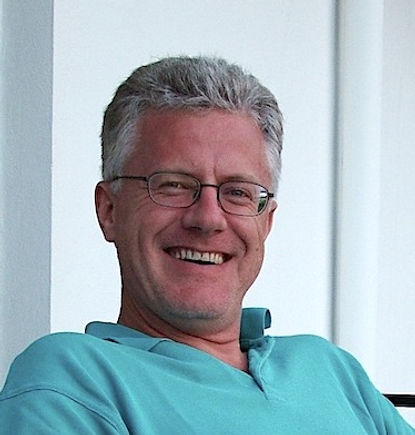About ...
Welcome to curesalldiseases.com, a site where, I’m sorry to say, you won’t find any genuine cures for any actual diseases.
What you will find are true stories of larger-than-life characters, outrageous claims, pseudo-science, fraud, broken promises, poisonous rivalry, battles between establishment and outsiders, and fortunes made and lost in the cause of parting the sick, and the ever-present worried-well, from their money.
This blog came about as a result of research for a planned book about one of my interests: collecting items related to British historical quackery of the pills and potions varieties: bottles, pots, handbills, pamphlets, trade cards, books, pill boxes. But especially the bottles: always, the bottles. The older the better, but broadly dating to between 1700 and the First World War.
Research for the book (which will focus primarily on pre-1850 medicines) includes far more than will ever make it onto the pages of this blog, but this seems like a happy half-way house: a place to present some of the more unusual, outlandish or interesting items and stories, ahead of the long-hoped-for appearance of the Magnum Opus.
Sadly, this is an interest rather than a career. I’m actually a tropical marine biologist with a PhD from the University of York and a 20-year career in marine biology behind me, mostly spent in the seas between Africa and Arabia. I live in the north of England and continue to work on tropical marine biodiversity and conservation, as well as on more terrestrial sustainability issues here in the UK.
Having a scientific background has given an added impetus to my interest in medical quackery and the pre-scientific, non-scientific and anti-scientific claims, boasts, and arguments that have accompanied it down the years. Some things don’t change, but this blog is not intended to be about the parallels between historical and contemporary quackery and health fads, or the varieties of misinformation and misrepresentation, witting or unwitting, that accompany them and other contemporary anti-science movements. The search for any such parallels will be left to others.
Jeremy Kemp
August 2020.

